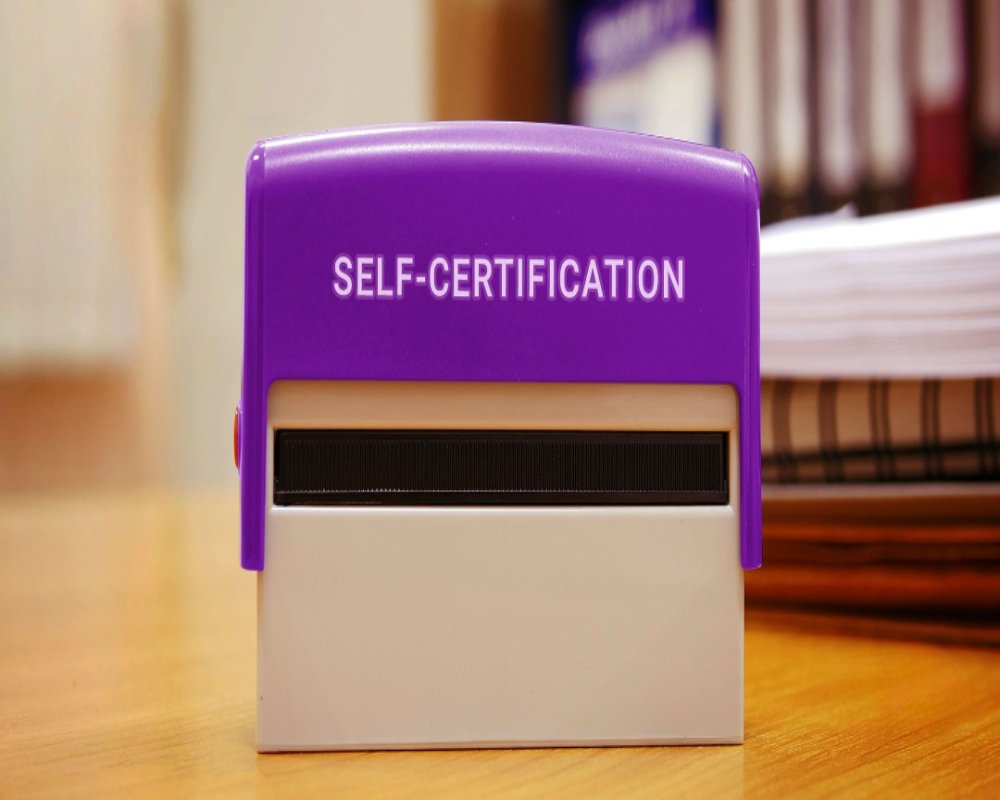The government is urging landowners and developers to adopt self-certification models to speed up the revision process of industrial land guidance values. Under the proposed system, landholders would submit certified declarations confirming compliance with zoning laws, environmental norms, and infrastructure readiness. These self-certifications would streamline the verification process, enabling quicker recalibration of guidance rates to reflect real-time developments. It aims to reduce bureaucratic delays that often hold back necessary updates in fast-growing industrial corridors. Authorities believe this approach will make the guidance revision process more dynamic, transparent, and investor-friendly.
To prevent misuse, the self-certifications will be subject to random audits and strict penalties in case of false declarations. Entities that accurately self-certify and maintain compliance can expect quicker approvals, faster access to updated valuations, and greater eligibility for government incentives. Meanwhile, plots found to be misrepresented during audits could face punitive action, including suspension of benefits and devaluation. Industry bodies have welcomed this initiative, viewing it as a pragmatic way to balance speed and accountability. The model empowers compliant developers while keeping regulatory checks in place to maintain integrity.
This move signals a shift toward greater trust, efficiency, and shared responsibility in industrial land management. By encouraging self-certification, the government hopes to foster a more proactive compliance culture while freeing regulatory agencies to focus on high-risk cases. It also supports faster land monetization, better investment flows, and more agile industrial growth planning. As industrial ecosystems evolve rapidly, such reforms are critical for keeping land markets responsive and globally competitive. If implemented effectively, the self-certification model could become a cornerstone of future industrial land governance frameworks.


